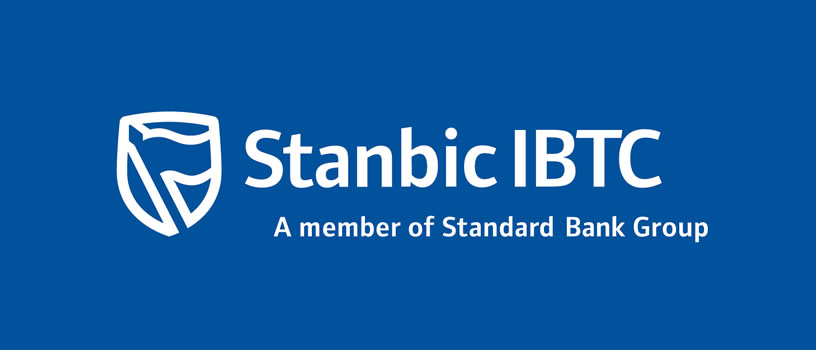Growth in Nigeria’s private sector gained momentum in August as improved customer demand and easing inflationary pressures drove business activity, the latest Stanbic IBTC Bank Nigeria Purchasing Managers’ Index has shown.
The headline PMI rose to 54.2 in August, up from 54.0 in July, signalling a sustained improvement in business conditions for the ninth consecutive month. The latest reading marked the strongest expansion since April, supported by sharper growth in output and new orders, which reached four- and 19-month highs, respectively.
“The continued moderation of input and output prices still suggests that inflation is likely to remain soft in the near term and may incentivise the MPC of the CBN to switch to an accommodative monetary policy from the current neutral stance. Accordingly, we still expect up to a 150 bps cumulative rate cut in 2025,” the statement partly read.
Stanbic IBTC attributed the rise to stronger customer demand and increased willingness of clients to commit to new projects. Output grew across three of the four surveyed sectors, with manufacturing being the only exception.
While staffing levels expanded for the third consecutive month, job creation was modest and softer than July’s rate. Firms, however, were able to clear backlogs of work for the first time in five months. Purchasing activity also rose, though at a slower pace, as companies increased inventories in anticipation of future growth.
The Head of Equity Research West Africa at Stanbic IBTC Bank, Muyiwa Oni, said the easing of inflationary pressures could shape monetary policy decisions in the months ahead.
He noted, “Elsewhere, input cost eased to its lowest level since March 2023, even as the latest increase is still above the series average. In line with this, the rate of increase in output prices moderated for the fourth consecutive month in August and was the slowest since April 2020.
The continued moderation of input and output prices still suggests that inflation is likely to remain soft in the near term and may incentivise the MPC of the CBN to switch to an accommodative monetary policy by September from the current neutral stance.”
Stanbic IBTC projected headline inflation to moderate further in August to between 21.45 per cent and 21.63 per cent year-on-year and possibly decline to between 17.19 per cent and 17.92 per cent by November. Accordingly, the bank expects up to a 150-basis-point cumulative rate cut in 2025.
On the broader economy, the report noted that Nigeria’s rebased GDP grew 3.13 per cent year-on-year in the first quarter of 2025, the slowest growth since the first quarter of 2024. Services remained the largest contributor at 78.6 per cent, while agriculture declined sharply to 0.5 per cent from 19.7 per cent in the previous quarter. Industries, however, rose 20.9 per cent, bolstered by the operations of the Dangote Refinery.
Stanbic IBTC stated the economy is still on track to grow 3.5 per cent in 2025, up slightly from 3.4 per cent in 2024, supported by easing inflation, improved foreign exchange liquidity, and structural reforms.















